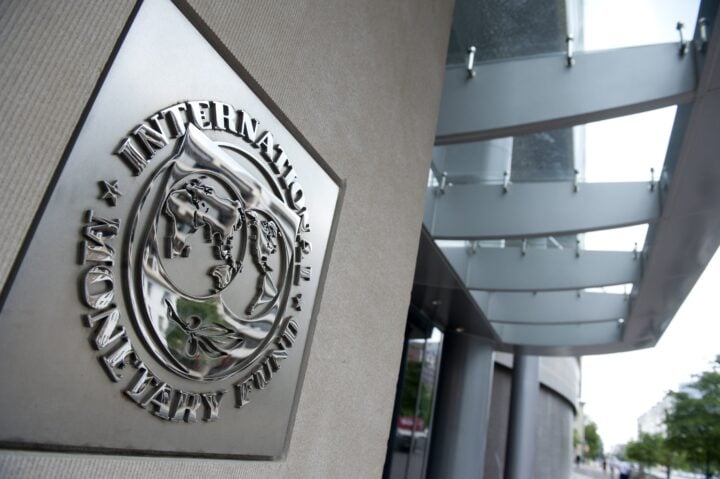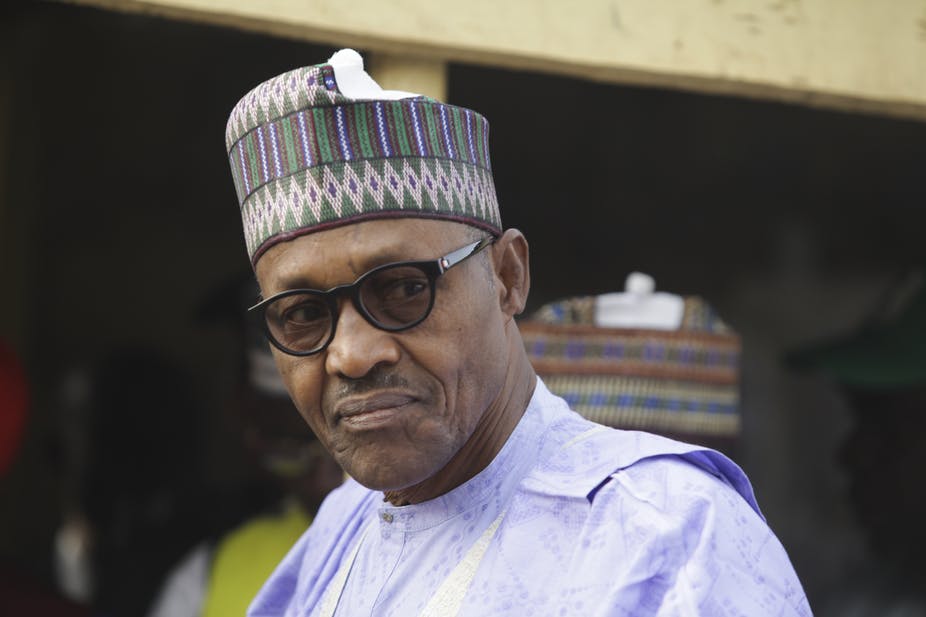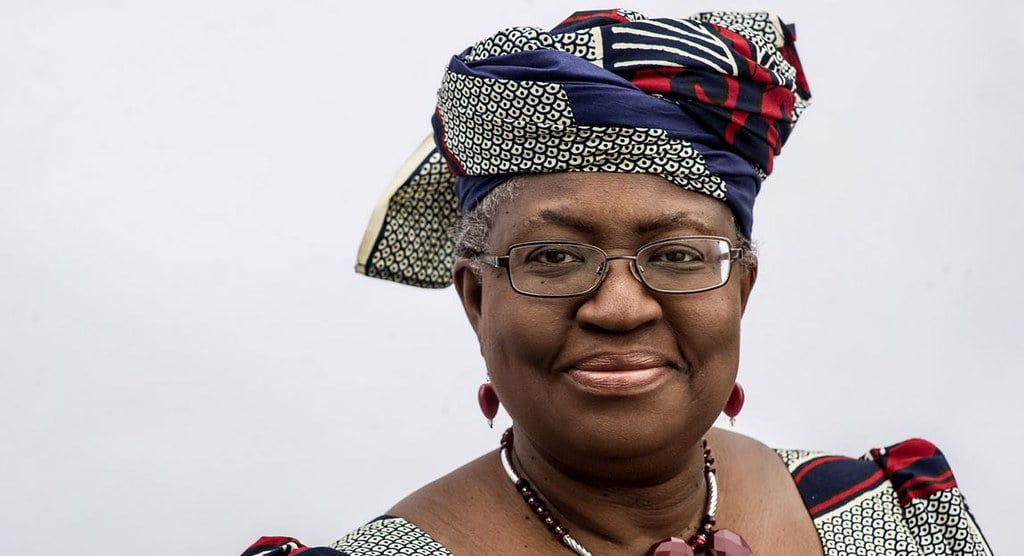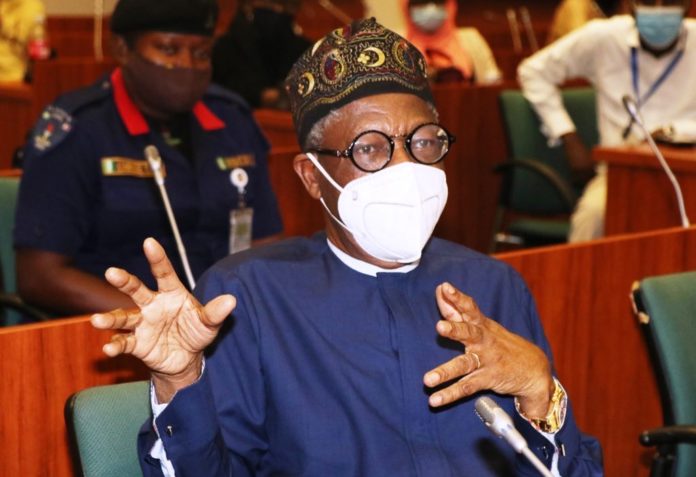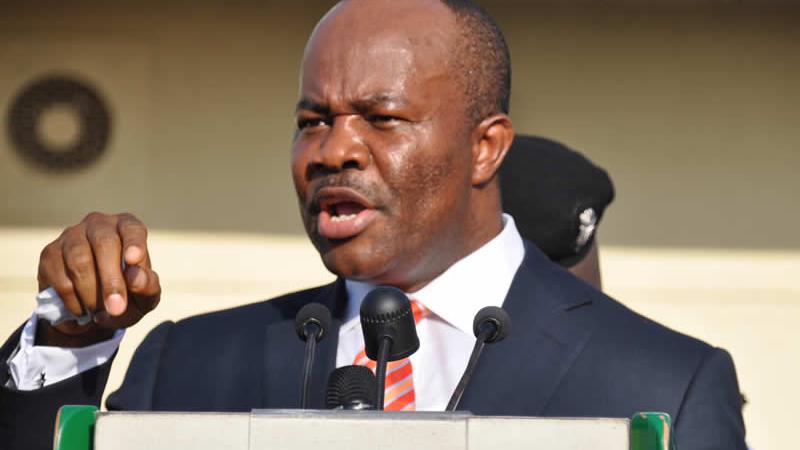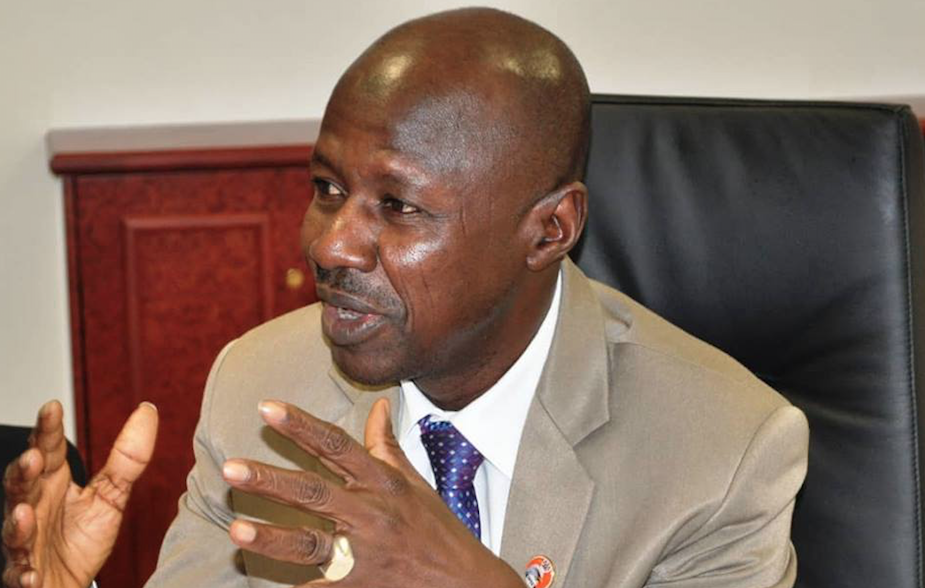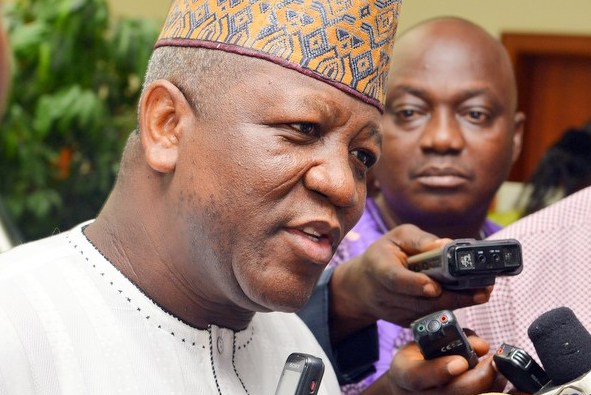The International Monetary Fund (IMF) recently predicted that due to the COVID-19 pandemic and the sharp fall in international oil prices, Africa’s largest economy, Nigeria may shrink by 3.4 percent causing it to slide into a recession that could be its worst in 30 years. While COVID-19 poses a great threat to Nigeria’s economy, the country’s current rank on the Human Freedom Index (HFI) shows that lack of economic freedom in Nigeria is an equally potent threat to its economic survival.
To rank the level of freedom of the economies, the Canadian think-tank, analyses 76 indicators across twelve major areas including the size of government, legal system and property rights, freedom to trade internationally, sound money, and regulations. The consideration of these indicators ranks Nigeria 112th out of 162 countries.
The HFI strongly matters in understanding the direction of a country because there is a strong relationship between economic freedom and well-being. This is why the freest economies are also the countries that enjoy a significantly higher per capita income compared to least free economies; The average per capita of the least free economies is $15,721 compared to that of $40,171. But economic freedom is beyond per capita calculations.
Economic freedom helps individuals around the world to engage in businesses with minimal restrictions. If one can take property rights as an indicator, which allows people to own means of production and personal assets, Nigeria performs poorly on the HFI study scoring 3.3 out of a possible 10. This is evident in the incessant ethnic unrest bewildering the country. The Nigerian government is still unable to find effective solutions to the plundering of private farmlands in parts of the country by militant Fulani herdsmen. Some have calculated the cost of losses from this menace to be around $14 billion in 2015.
Advertisement
Also, the Nigerian government closed the country’s borders two months after signing the African Continental Free Trade Area, which was supposed to open the country to more economic opportunities.
But such anti-market policies should be reconsidered starting with the closure of borders which has extended into the pandemic. It is obvious as the country’s cases continue to rise, the pandemic will drag. Extending border closure or hard lockdown might not be the best solution. Instead, the government should free up the economy by carefully opening the borders and discourage the destruction of private properties.
The government can also think of feasible ways to support small and medium scale businesses with relief grants to set them in motion while easing the lockdown. As against sharing handouts, people should be allowed to open up their businesses again while adhering to protective measures against the coronavirus.
Advertisement
Indeed, the exchange of goods and services under these trying conditions is what the economy needs to avoid a collapse. Although the recent lift on the inter-state ban is in line, businesses can’t still operate in full throttle. The hotels and resorts, events, gatherings are restricted and must be freed to maximize economic potential. It is about we made a choice between a slow death and a painful survival. In no time many liberal-minded countries would be bracing the waters.
Nonetheless, other measures to secure human freedom should be set in motion including the security, safety, and protection of lives and properties. Nigeria’s prosperity must start by putting liberty and economic safety first at all times.
Ibraheem Abdullateef is a Writing Fellow at African Liberty. He tweets at @egghead_1995.
Advertisement
Views expressed by contributors are strictly personal and not of TheCable.
Add a comment

